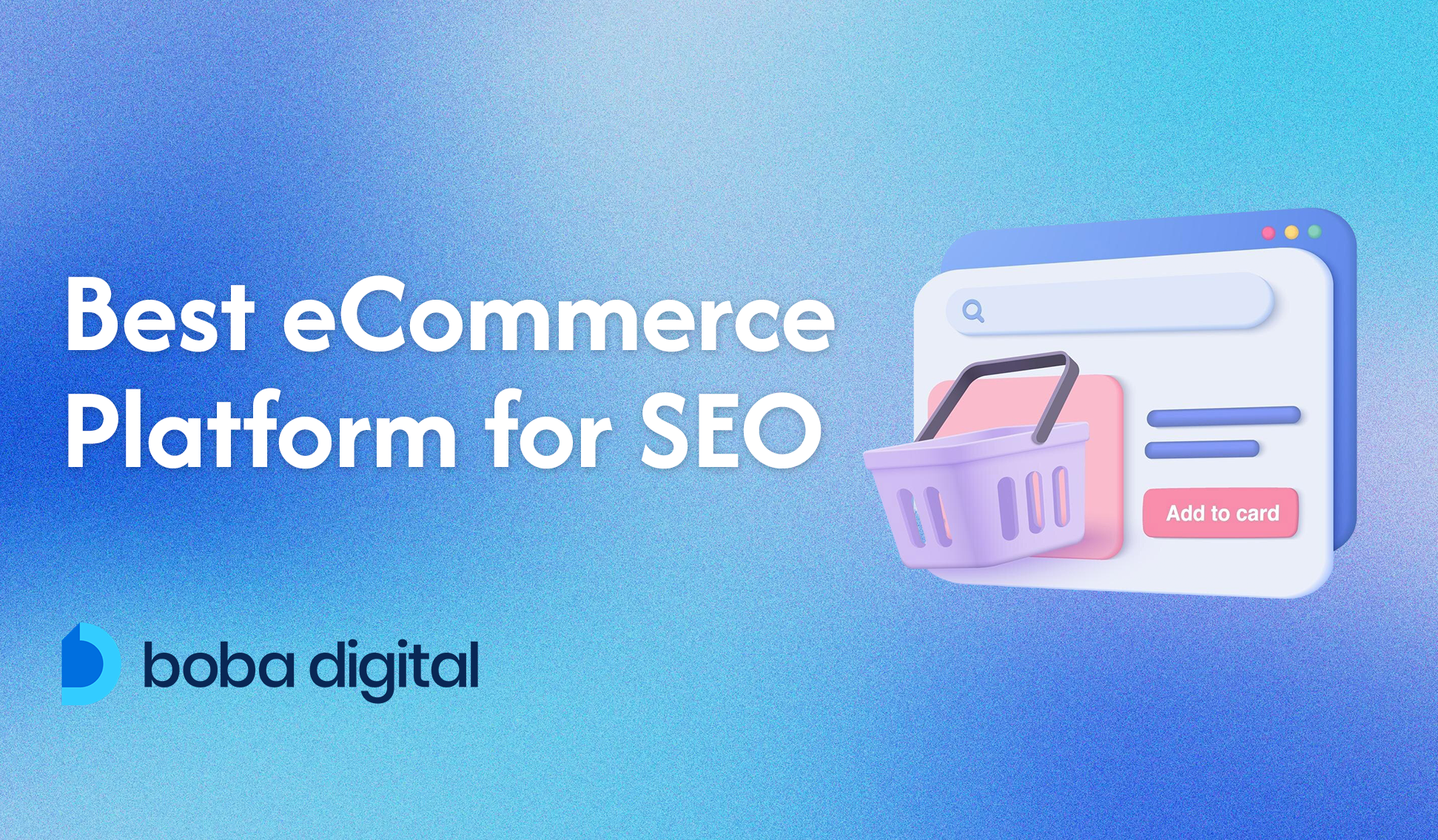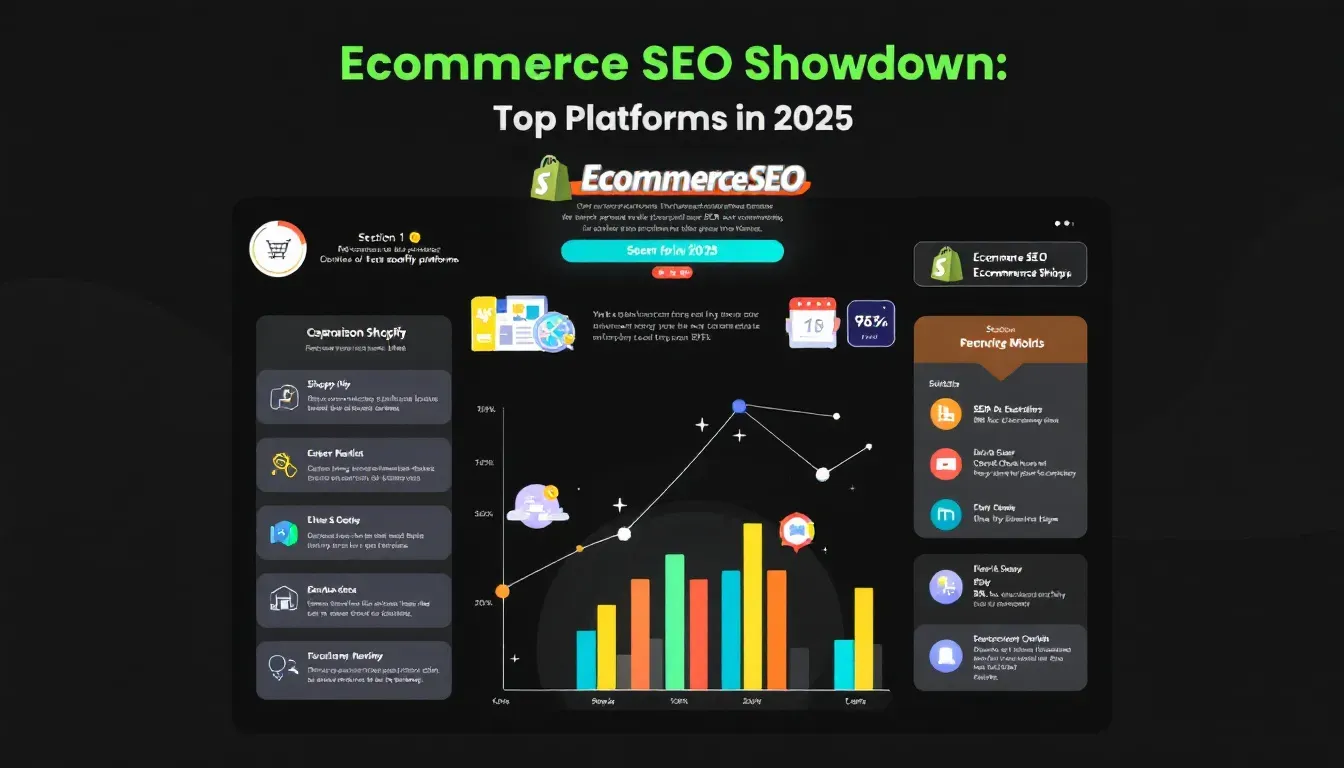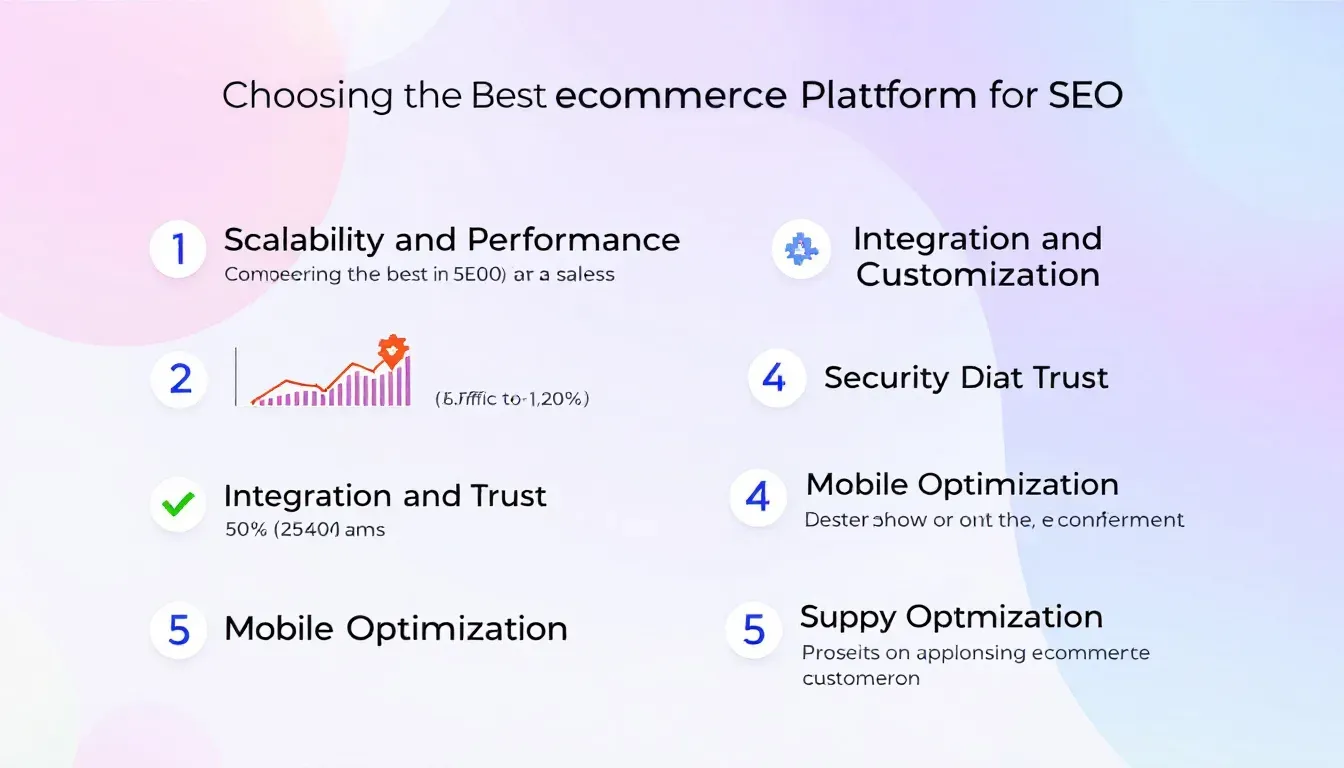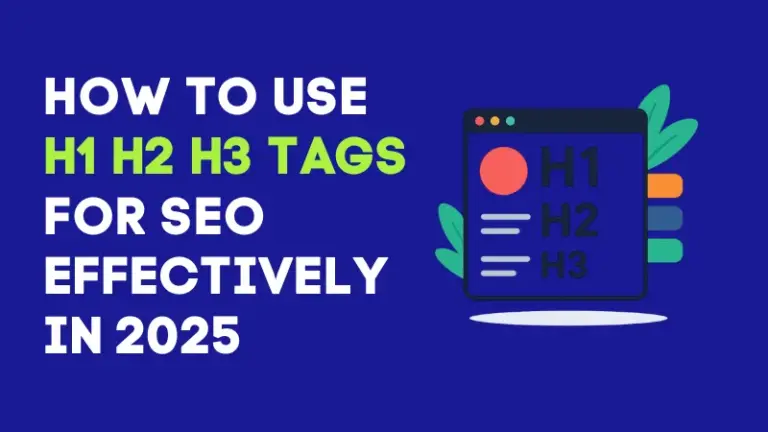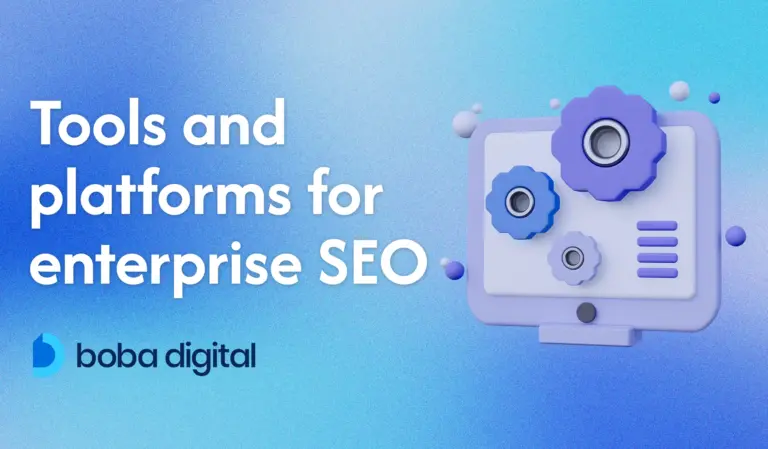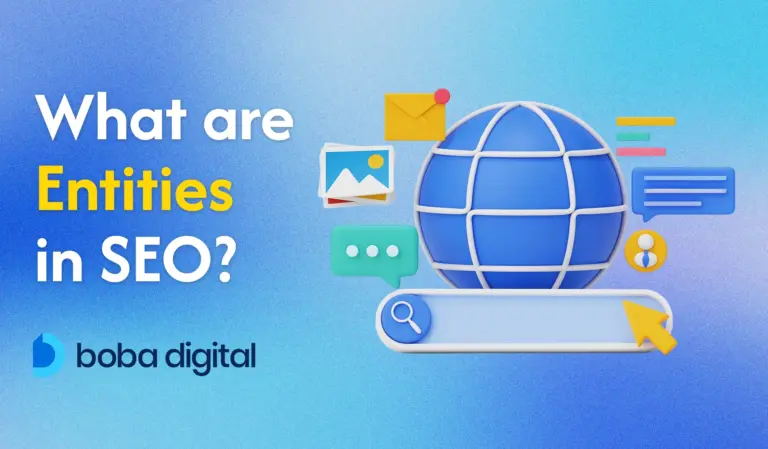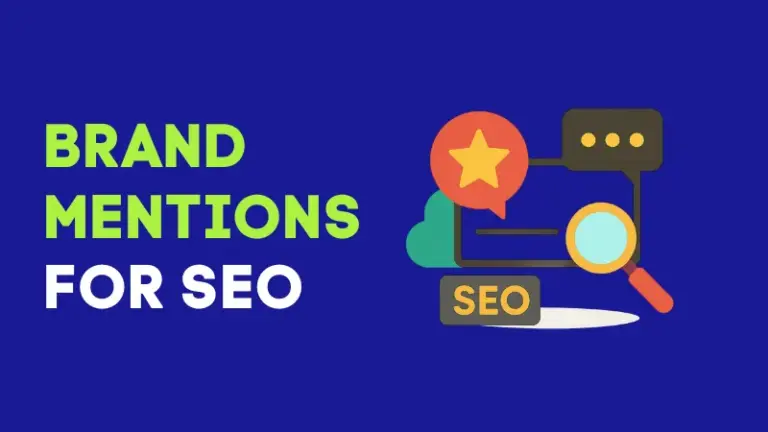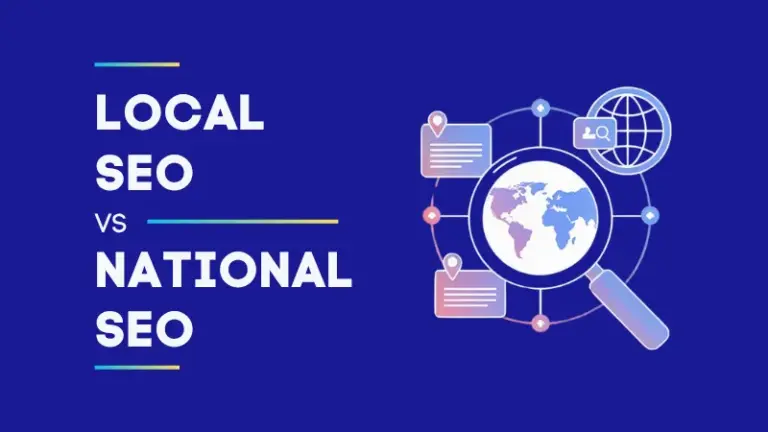Which eCommerce Platform is Best For SEO? | Comparing the Top 6 in 2025
Looking for the best ecommerce platform for SEO? This guide compares the top six options in 2025 based on their SEO features, usability, and overall performance, helping ecommerce businesses determine which ecommerce platform is best for SEO to boost their store’s visibility.
What is an eCommerce Platform?
Is it possible to do effective SEO without spending money?
An eCommerce platform is a comprehensive software solution that enables businesses to create, manage, and expand their online stores. It offers a range of tools and features that simplify the process of selling products and services over the Internet.
From website design and product management to payment processing and order fulfillment, an eCommerce platform equips businesses with everything they need to run their online stores efficiently.
One of the key advantages of a quality eCommerce platform is its integrated SEO tools. These tools are essential for improving search engine rankings, helping businesses optimize their online stores and making it easier for potential customers to discover their products.
By utilizing these SEO features, businesses can boost their online visibility, attract more traffic, and ultimately drive higher sales.
Key Features of eCommerce Platforms for SEO
When selecting an eCommerce platform for SEO, it’s essential to consider several key features that can significantly impact your search engine rankings and overall online performance. Here are the critical features to look for:
- Built-in SEO Tools: Look for platforms that offer customizable URLs, meta tags, and XML sitemaps. These tools are fundamental for optimizing your site’s content and structure for search engines.
- Mobile Optimization: Ensure the platform provides mobile-responsive designs. With a significant portion of internet traffic coming from mobile devices, a mobile-optimized site is crucial for user experience and search engine rankings.
- Fast Page Loading Speeds: Platforms that prioritize fast loading times can improve user satisfaction and boost your search engine rankings. Speed is a critical factor in SEO.
- Customizable Templates and Design Elements: The ability to customize your store’s design allows you to create a unique and engaging online presence that can attract and retain customers.
- Integration with Google Analytics: This feature provides valuable insights into your website traffic and conversion rates, helping you refine your SEO strategies.
- Support for Content Marketing: Platforms that support blogging and user-generated content can enhance your SEO efforts by providing fresh, relevant content that attracts and engages your audience.
Top e-Commerce Platforms for SEO in 2025
Selecting the right eCommerce platform is crucial for SEO, as it directly impacts organic traffic and the overall success of your online store. We’ve analyzed the top platforms and identified their strengths to help you choose the best option for your SEO needs.
Best eCommerce Platforms for SEO
- Best for Customizability: WooCommerce
- Best for Beginners: Shopify
- Best for Site Speed: BigCommerce
- Best for Advanced SEO Features: Magento (Adobe Commerce)
- Best for Ease of Use: Wix
- Best for Design and Aesthetics: Squarespace
Each platform offers SEO-friendly features such as customizable URLs, mobile optimization, and built-in SEO tools to improve search engine visibility. Let’s dive into the details of each platform.
WooCommerce: Best for Customizability
Price: Varies based on hosting and plugins
Pros:
- Extensive customization options
- Supports various SEO plugins
- Mobile responsive themes
- Customizable meta tags and sitemaps
- Easy redirects management
Cons:
- Requires technical know-how
- Can be complex for beginners
WooCommerce stands out for its extensive customization capabilities, making it a top choice for businesses seeking a tailored SEO approach. As a WordPress plugin, it integrates seamlessly, allowing for on-page SEO enhancements through customizable meta tags, descriptions, and optimized images and content, all of which boost its SEO performance.
However, this flexibility comes with added complexity. WooCommerce often requires technical expertise, which can be challenging for beginners. Yet, for those who can manage its complexities, it offers a powerful platform for building a successful online store with strong search engine rankings.
Rating:
- Price: 3/5
- Customizability: 5/5
- SEO features: 4/5
- Ease of use: 3/5
Shopify: Best for Beginners
Price: From $29/month
Pros:
- User-friendly interface
- Comprehensive set of SEO features
- Supports scalability
- Lightweight and fast
Cons:
- Can be pricier than some other platforms
- Limited customization compared to WooCommerce
Shopify is the ideal platform for beginners entering the world of ecommerce. Its intuitive interface allows anyone to create and manage an online store without requiring extensive technical knowledge. With built-in SEO features—such as the ability to edit meta descriptions, titles, and URLs—Shopify helps improve your store’s search visibility.
Although Shopify may be pricier than some alternatives, its user-friendly design and powerful features often make the investment worthwhile for newcomers. Plus, its scalability means your ecommerce site can grow alongside your business, making it a smart long-term choice.
Rating:
- Price: 3/5
- Ease of use: 5/5
- SEO features: 4/5
- Scalability: 4/5
BigCommerce: Best for Site Speed
Price: From $29/month
Pros:
- Superior loading speeds
- CDN integration
- Built-in SEO tools
- Customizable URLs and meta tags
Cons:
- Can be expensive
- May have a learning curve for new users
BigCommerce is renowned for its fast loading speeds, which play a crucial role in improving user satisfaction and search engine rankings. By leveraging a content delivery network (CDN), the platform ensures superior loading times, allowing your ecommerce site to perform at its best.
Additionally, built-in SEO tools—such as customizable URLs and meta titles—further help strengthen the site’s visibility and search engine performance.
While these advanced features and speed advantages come at a higher cost and may present a steeper learning curve for beginners, the benefits often outweigh the challenges. The platform’s optimized site speed can substantially enhance your search rankings and overall SEO success.
Rating:
- Price: 3/5
- Site speed: 5/5
- SEO features: 4/5
- Ease of use: 3/5
Magento (Adobe Commerce): Best for Advanced SEO Features
Price: Varies based on hosting and customization needs
Pros:
- Advanced SEO features
- Extensive customization options
- Suitable for medium to large businesses
Cons:
- Complexity
- Requires technical expertise
Magento, now known as Adobe Commerce, offers unparalleled customizability and advanced SEO features, making it ideal for medium to large ecommerce business. The platform allows full control over site design and structure, enabling businesses to implement a robust SEO strategy that includes editing meta tags, URLs, product descriptions, and creating SEO-friendly content.
The complexity of Magento can be a significant hurdle for beginners, as it requires technical know-how to leverage its extensive features effectively. However, for those with the expertise to navigate it, Magento provides powerful SEO tools that can significantly enhance search engine rankings and online visibility.
Rating:
- Price: 3/5
- Customizability: 5/5
- Advanced SEO features: 5/5
- Ease of use: 2/5
Wix: Best for Ease of Use
Price: From $17/month
Pros:
- User-friendly drag-and-drop functionality
- Affordable
- Built-in SEO tools
- Mobile optimization
Cons:
- Limited advanced features
- May outgrow the platform as the business expands
Wix is the best ecommerce platform for ease of use, catering to both beginners and experienced users. Its drag-and-drop functionality makes it easy to build online stores, and the platform’s affordability is a major plus.
Wix features built-in SEO tools that simplify the optimization process for online stores, making it easier to attract more customers.
A common drawback of using Wix is that users may eventually outgrow the platform as their business expands. Despite this, Wix’s emphasis on ecommerce and SEO features makes it an excellent choice for small businesses and startups looking for a user-friendly solution.
Rating:
- Price: 4/5
- Ease of use: 5/5
- SEO features: 3/5
- Scalability: 3/5
Squarespace: Best for Design and Aesthetics
Price: From $16/month
Pros:
- Beautiful design templates
- Built-in SEO tools
- Mobile-responsive themes
- SSL certificates
Cons:
- Limited customization compared to other platforms
- Can be pricey for some users
Squarespace is known for its focus on design and aesthetics in ecommerce platforms. It offers visually appealing design templates that enhance the aesthetic of ecommerce sites, particularly attracting creative professionals like artists and designers. Key features for SEO include built-in SEO tools, easy editing of meta titles and descriptions, automatic sitemaps generation, mobile-responsive themes, and SSL certificates.
While Squarespace is best suited for small to medium-sized businesses that value design, its limited customization options and higher cost can be drawbacks for some users. Nevertheless, its emphasis on beautiful design and user-friendliness makes it a top choice for businesses focusing on aesthetics.
Rating:
- Price: 3/5
- Design: 5/5
- SEO features: 4/5
- Ease of use: 4/5
Essential Strategies for Building an SEO-Friendly eCommerce Store
To create an SEO-friendly eCommerce store, you need a strategic balance of technical optimization, keyword targeting, and content marketing. Here are some essential tips to help you get started:
Keyword Optimization
Keyword optimization forms the foundation of a successful SEO strategy. It’s the process of identifying and strategically integrating relevant keywords and phrases into your online store’s content—like product descriptions, titles, and meta tags—to improve visibility in search engine results. By doing this, you help search engines better understand the context and relevance of your content, ultimately boosting your rankings.
For example, if you sell eco-friendly water bottles, including keywords like “reusable water bottles”, “BPA-free bottles”, or “sustainable drinkware” in your product titles and descriptions can help attract shoppers searching for those specific items.
To find the most effective keywords, use tools like Google Keyword Planner or Ahrefs. These platforms provide insights into search volume, competition, and related terms, enabling you to choose keywords that align with your customers’ search behavior and your business goals.
Content Marketing for eCommerce
Content marketing is a cornerstone of successful eCommerce SEO. Crafting high-quality, relevant, and engaging content not only attracts potential customers but also helps improve your search engine rankings. To maximize impact, focus on strategies like blogging, user-generated content, and video marketing.
For instance, imagine you run an online fitness store. Publishing blog posts on topics like “Top 5 Home Workout Routines” or sharing customer-generated transformation stories can drive organic traffic and build trust with your audience.
Similarly, creating short workout tutorials or product demos on social media can increase engagement and encourage shares.
The key is to create content that truly resonates with your target audience, offers genuine value, and encourages them to interact with your brand—ultimately turning visitors into loyal customers.
Technical Optimization
Technical optimization ensures that your online store is technically sound and optimized for search engines. Key aspects of technical optimization include:
- Mobile-Friendliness: Ensure your website is mobile-friendly to cater to the growing number of mobile users.
- Fast Page Loading Speeds: Optimize images and videos to reduce file sizes and improve loading times.
- Secure Protocols: Use HTTPS to protect customer data and build trust.
- Schema Markup: Implement schema markup to provide additional context to search engines, enhancing your search visibility.
- Crawlability and Indexability: Ensure your website is easily crawlable and indexable by search engines, facilitating better search engine optimization.
By focusing on these areas, you can build an SEO-friendly eCommerce store that attracts more organic traffic, improves search engine rankings, and drives sales.
How to Choose the Best E-commerce Platform for SEO
Selecting the right e-commerce platform for SEO involves evaluating critical factors like support for SEO-friendly features, site speed optimization, URL structure management, and schema markup implementation—all essential for boosting search engine visibility.
Strategic SEO practices are vital for e-commerce businesses aiming to increase visibility and drive sales in a competitive market. Platforms like WooCommerce leverage WordPress’s native blogging capabilities, which can significantly strengthen SEO efforts.
Site speed is another crucial factor, especially since over half of internet traffic comes from mobile devices. Faster-loading sites are favored by Google’s ranking algorithm. BigCommerce enhances SEO by automating SEO-friendly URLs for product and category pages, while Wix offers a custom SEO Setup Checklist to guide users in optimizing their sites according to best practices.
The ability to customize HTML and meta tags plays a pivotal role in refining website code and improving its appearance in search results. Platforms that support rich snippets allow for detailed product information to appear directly in search results, improving visibility and click-through rates.
Usability features also contribute to SEO success. Easy-to-navigate dashboards and tools help merchants manage their stores efficiently, while active community support can provide valuable resources for troubleshooting and growth.
When evaluating e-commerce platforms, pay attention to the templates they offer. SEO-compliant, stylish designs not only enhance the visual appeal but also contribute to better website performance. For example, Squarespace offers beautifully designed templates alongside built-in SEO tools, making it a strong choice for businesses that prioritize aesthetics.
Integration with SEO tools like Google Search Console is another key consideration. This allows for easy sitemap submissions and site verification—essential for maintaining a strong SEO strategy. Shopify takes it further by providing advanced Google Analytics tools, enabling users to monitor store performance and make data-driven improvements.
Effective use of meta descriptions can influence click-through rates by guiding user decisions directly from search results. Additionally, features like automated 301 redirects help preserve search engine rankings during website updates, ensuring that SEO efforts remain intact.
Finally, platforms that offer customizable sitemaps and support for structured data significantly improve how search engines index your site. Opting for an e-commerce platform with strong SEO capabilities is essential for driving organic traffic and improving search engine rankings.
Summary
Choosing the best ecommerce platform for SEO in 2025 depends on your specific needs and technical expertise. WooCommerce stands out for its customizability, making it ideal for ecommerce stores that require a tailored approach to SEO. Shopify is perfect for beginners with its user-friendly interface and robust SEO tools. BigCommerce excels in site speed, enhancing both user satisfaction and search engine rankings.
Magento (Adobe Commerce) offers advanced SEO features that are suitable for medium to large e-commerce stores with technical expertise. Wix provides ease of use, making it a great choice for small businesses and startups. Lastly, Squarespace shines in design and aesthetics, appealing to businesses that prioritize visual appeal.
Whichever platform you choose, ensure it aligns with your SEO strategy and business goals. A well-optimized ecommerce platform can significantly boost your online visibility, driving more organic traffic and increasing sales.
Frequently Asked Questions
Which ecommerce platform is best for SEO customization?
WooCommerce is your go-to for SEO customization, offering a ton of extensive options to fine-tune your site. It’s a great choice if you want to boost your online visibility!
Is Shopify good for beginners looking to optimize SEO?
Absolutely, Shopify is great for beginners thanks to its easy-to-use interface and solid SEO features. You’ll have the tools you need to boost your store’s visibility online!
How important is site speed for SEO?
Site speed is super important for SEO because it affects both user experience and your search engine rankings. A fast site keeps visitors happy and helps you climb those search results.
Can Wix handle advanced SEO needs as my business grows?
Wix is user-friendly, but it may struggle with advanced SEO as your business grows, so you might want to consider other platforms for more robust features.
What makes Squarespace ideal for design and aesthetics?
Squarespace is perfect for design lovers because it has stunning templates and built-in SEO tools that help your site look great and perform well. If aesthetics matter to you, this platform really stands out!

